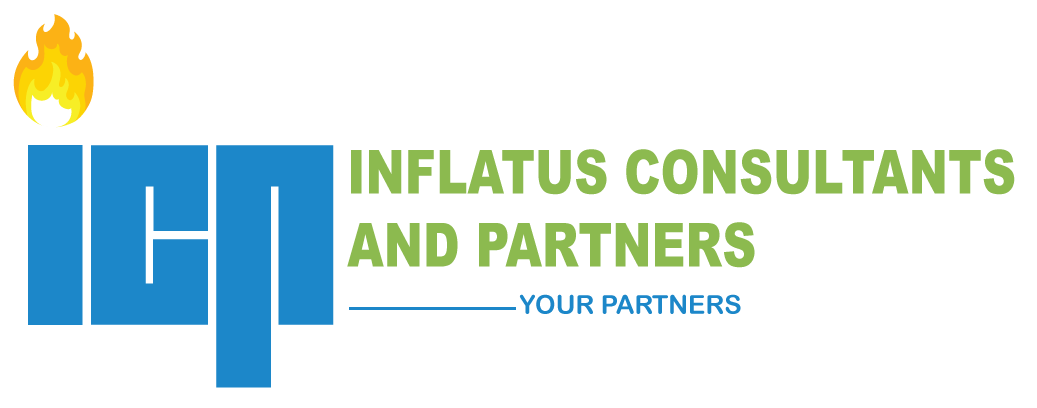BLACK FRIDAY, CYBER MONDAY AND RICH DAD
Black Friday and Cyber Monday have come and gone but their memories will linger on. Apart from buying things that they may not really need some have ended up with injuries or even died in the course of struggling to be the first to get to the items.
For those who may not know, Black Friday is an informal name for the Friday following Thanksgiving Day in the United States, which is celebrated on the fourth Thursday of November. The day after Thanksgiving has been regarded as the beginning of America’s Christmas shopping season since 1952, although the term “Black Friday” did not become widely used until more recent decades.
Similarly, Cyber Monday is a marketing term for the Monday after the Thanksgiving holiday in the United States. It was created by retailers to encourage people to shop online. The term was coined by Ellen Davis of the National Retail Federation and Scott Silverman, and made its debut on November 28, 2005, in a Shop.org press release entitled “‘Cyber Monday’ Quickly Becoming One of the Biggest Online Shopping Days of the Year”. Cyber Monday most often falls in November, but if Thanksgiving is on November 27 or 28, it will fall in December. The date range is November 26 to December 2, and it is always four days after the holiday.
Therefore, the purpose of this piece is not to discuss the merits or otherwise of the shopping binge. Its purpose is to examine their impact on the overall economy of the individual or family.
How then do you measure the impact of a purchase on your economy? Simple! By determining if what you purchase is an asset or a liability.
A search for Asset and Liability in Google yielded 276,000,000 results in 0.6 seconds. That shows it is a very hot topic. A review of these entries will yield numerous definitions – from the simply to the complex. But I like keeping things simple. After all, Leonardo Da Vinci is reported as saying that simplicity is the ultimate sophistication.
That is where Rich Dad comes in. Robert Kiyosaki, in his book Rich Dad Poor Dad defines an asset as something that puts money in your pocket. Many so-called experts on money and accountants will have a much different definition that involves complex mathematics, but the reality is that unless something is putting money in your pocket, it’s not an asset. That is simple and easy to understand. Isn’t it?
There are many things that can be considered assets. These include things like investment real estate, a business, products like books or art, or the dividends from stock and bond investments.
Rich people focus on building their assets.
The simple definition of a liability is something that takes money out of your pocket. Common liabilities include things like cars, vacations, clothes, eating out, unused subscriptions, and more.
If you look at the budget of a poor person, you’ll see that it is full of liabilities and has no assets.
The interesting thing is that there are some things that people mistake as assets that are really liabilities. This is because they don’t have high financial intelligence and they take at face value the advice of so-called financial experts.
Now that you have head from Rich Dad, you are ready to answer this very important question: “Did your Black Friday and Cyber Monday shopping put money in your pocket or take money out of your pocket?” Did you purchase assets or liabilities? Furthermore, will your Christmas shopping spree put money in your pocket or take money out of your pocket?
This rustic definition of asset and liability holds even more significance for professional like you and me. How should you define a professional asset? It is that which improves your capacity or ability to earn money or grow your career. A professional liability is that which reduces your ability to earn money or grow your career either in the short or long term.
We need to bear this is mind as we go into the Christmas shopping season. Before we pull out your wallet or our credit card, we need to answer the question, “Is this an asset or liability?” very honestly and convincingly.
Let me also add, in closing, that you can also buy yourself a career or professional liability by not spending money when you should on things that would create professional asset. If you are in doubt check here and here.



So enlightening. Asset: anything that put money in my pocket; Liability: anything that take money out of my pocket. I believe these financial statements shall help me to take right financial decisions hence forth. Thanks Sir.
Dear Bro. Afolabi,
You are welcome